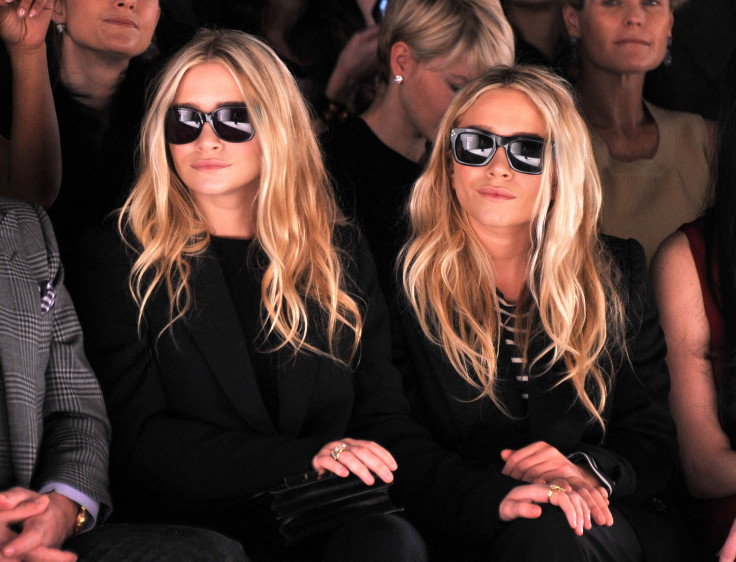Who Is Shahista Lalani? Mary-Kate And Ashley Olsen Lawsuit Claims Intern Was Unpaid And Overworked

A former intern has filed a lawsuit against Mary-Kate and Ashley Olsen’s licensing and manufacturing company, Dualstar Entertainment Group, the Associated Press reported Tuesday. The ex-intern, Shahista Lalani, said she clocked 50 hours a week but never saw a dime.
Lalani filed a class-action lawsuit against the famous twins' company. She said she worked from May to September 2012, and her responsibilities included inputting data into spreadsheets, doing errands for paid employees, cutting patterns, photocopying and sewing, according to court documents. The class-action suit estimated that over 40 unpaid interns will be eligible to join and argued that interns were misclassified as exempt from minimum wage requirements, the Daily News reported.
The Olsen twins, 29, founded Dualstar Entertainment when they were only 6 years old, and the company makes videos, books, dolls, cosmetics and clothes. They are known for their work as fashion designers for "Elizabeth and James," their luxury clothing brand, and their shared role on the television show "Full House." Forbes ranked the twin founders as 11th on a list of the 20 richest women in entertainment in 2007, and TheRichest website estimated they were worth around $300 million.
Lawsuits filed by unpaid interns have recently raked in major cash. Just last week, Sirius XM Radio Inc. agreed to pay up to $1.3 million to settle claims that it had violated U.S. labor laws by not paying interns, Reuters reported. The company said its unpaid intern program was legal but chose to settle in order to avoid costly litigation. Warner Music Group Corp. also agreed in June to pay more than $4.2 million to hundreds of interns. In the past, other companies involved in unpaid intern settlements included Comcast Corp.’s NBCUniversal, Condé Nast and Viacom Inc.
The primary test used in such court cases is whether the internships were designed primarily to educate young people in a particular field, as opposed to companies using unpaid workers for the same tasks performed by regular employees.
© Copyright IBTimes 2024. All rights reserved.












